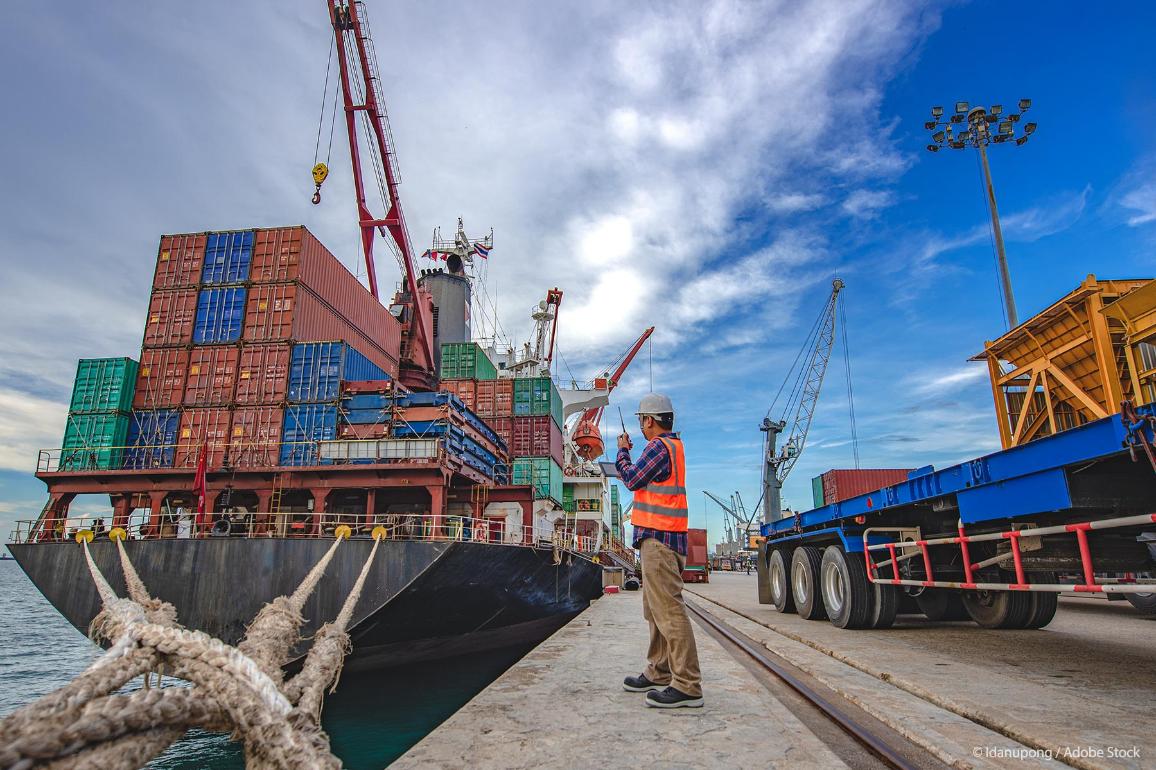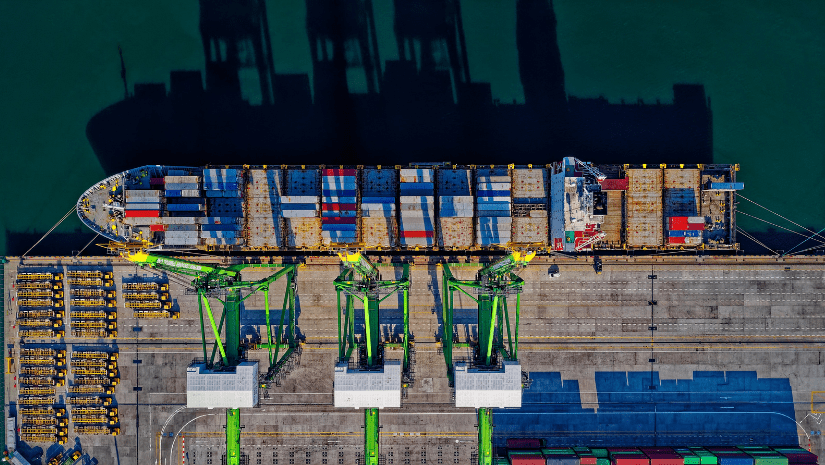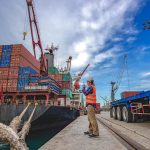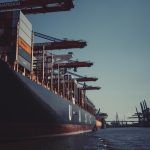To support clean and modern shipping in the EU, the Council presidency and European Parliament’s negotiators reached provisional agreements on two pieces of legislation of the ‘maritime safety’ legislative package, namely those amending the 2009 directives on compliance with flag state requirements and on port state control.
The revised directives achieve a careful balance between, on the one hand, the need to ensure a high quality of shipping and, on the other, the need to safeguard the competitiveness of the European shipping sector, while also maintaining reasonable costs for operators and member states’ administrations.
Directive on compliance with flag state requirements
The directive regulates the enforcement of rules applicable to flag state at the EU level. The responsibility for monitoring the compliance of ships with IMO conventions lies with the state where the ship is registered and whose nationality the ship holds: the flag state.
The legislation in question aims to ensure that member states have adequate resources to carry out their obligations as flag states correctly, effectively, and consistently. The specific objectives of the revised directive are to:
- update the current legislation and align it with international rules, mainly regarding the IMO instruments implementation code (‘III code’)
- ensure adequate inspections of flagged ships and monitoring oversight of recognised organisations working on behalf of the flag state
- ensure a higher uptake of digital solutions
- ensure a harmonised approach in the understanding, reporting, and measuring of the performance of flag states’ fleets and duties
The general thrust of the Commission proposal has been retained by the provisional agreement. However, the co-legislators introduced several changes, most of them to ensure consistency with the III code. The provisional agreement limits the scope of the directive to ships engaging in international voyages. The Commission is also mandated to set up a ships information database for issuing and verifying electronic certificates. To ensure that all required information is available online, in an up-to-date form, to all port state and flag state inspectors in the EU, a digital interoperable portal will serve as a ‘bridge’ allowing inspectors to directly consult the information that is stored in national databases.
Directive on port state control
Port state control (PSC) is a system of inspection of foreign ships in ports of states other than the flag state by PSC officers, to verify that the competency of the master, officers and crew on board, the condition of a ship, and its equipment comply with the requirements of international conventions and, in the EU, with applicable EU law. As such, PSC is important in ensuring maritime safety and in protecting the marine environment.
The revised directive mainly aims to:
- update EU legislation and align it with international rules and procedures as set out in the Paris memorandum of understanding (MoU) and International Maritime Organization (IMO) conventions
- protect fishing vessels, their crews, and the environment, including by introducing a voluntary inspections regime for larger fishing vessels (more than 24 metres in length)
- ensure an efficient and harmonised approach to carrying out PSC inspections

Maritime safety: deal on stricter measures to stop shipping pollution
|
The general thrust of the Commission proposal has been retained by the provisional agreement. However, the co-legislators introduced several amendments, most of them aiming to ensure clarity and coherence with international rules and procedures, especially those of the Paris MoU. More specifically:
- regarding the ship risk profile, which is determined by a combination of generic, historical and environmental risk parameters, the environmental parameters will have a significant impact without disproportionately affecting the overall balance of the different parameters
- the quality management system (QMS) for port state administrations will be limited to the parts of the administration linked to inspections with member states having sufficient time (5 years) to introduce the QMS to align as close as possible to the usual audit cycle for the existing system of the flag state administration
- the training programme provided by the European Maritime Safety Agency (EMSA) should support the Paris MoU training policy and guarantee the voluntary basis of participation
- provisions regarding landlocked countries were clarified to avoid imposing a disproportionate administrative burden on member states that do not have seaports
- the deadline for the review of the implementation of the revised directive was set to 5 years from the date of its transposition
Next steps
The provisional agreement will now be submitted to the member states’ representatives within the Council (Coreper) and to the Parliament’s committee on transport and tourism (TRAN) for endorsement. If approved, the text will then need to be formally adopted by both co-legislators, following revision by lawyer-linguists, before it can be published in the EU’s Official Journal and enter into force. Formal adoption of the legislative acts is expected to happen in the fall. Member states will have 30 months after the entry into force of the revised directives to transpose their provisions in their national legislation.
Background information
The proposals form part of the maritime safety package submitted by the Commission on 1 June 2023. The five legislative proposals, including those on maritime accidents’ investigation, ship-source pollution, and the European Maritime Safety Agency (EMSA), aim to modernise EU rules on maritime safety and reduce water pollution from ships. With 75% of the EU’s external trade being seaborne, maritime transport is not only the artery of a globalised economy, but also a lifeline for the EU’s islands and peripheral and remote maritime regions. Although maritime safety in EU waters is currently very high, with few fatalities and no recent major oil spills, more than 2 000 marine accidents and incidents are still reported every year.
Vera Tax (S&D/NL) is the European Parliament’s rapporteur for both files whereas Commissioner in charge of transport, Adina Vălean, was represented at the interinstituțional talks by DG MOVE Director General, Magda Kopczyńska.
More information: European Council







Leave a Reply